A few girls were at Megan's station waiting for their turn when one asked her if she'd ever hit the bullseye with an arrow. Megan said that no, she hadn't because she had forgotten to wear her glasses to the range so it was harder for her to see the bullseye target and she often missed. One of the girls, Sarah, said that she, too, had a hard time seeing without her glasses and it was hard for her to read the Bible verse during their group time that morning. Another girl in the group responded, "Oh, I was wondering why you couldn't read as well as you talk. You talk normal, but when you read it gets choppy and mixed up." Sarah said, "Well, it's also because I have dyslexia."
Megan said she quickly jumped in with, "Wow - you have a superpower?" Sarah and the girls seemed puzzled. One of the girls said, "What superpower?" "Why, dyslexia...that's her superpower," Megan explained.
Sarah responded, "I don't see how dyslexia is a superpower."
"Oh, but it is! God gave people with dyslexia great superpowers. They are SO smart and creative, out of the box thinkers, and great problem solvers! My mom teaches kids with dyslexia and she is always telling me about their superpower, dyslexia, and the amazing things they can do that regular people can't. Sure, reading is a challenge, but my mom says that teaching kids with dyslexia to read just takes the right teacher, a dyslexia therapist, that knows how to teach it to them. My mom can teach them how to read and spell, but she says the superpowers, they're just born with them, they can't be taught."
Megan continued to tell the girls about many famous people with dyslexia and how they are responsible for so many fantastic accomplishments and contributions to the world. She told them about her uncle and her grandfather and how they also have dyslexia. She said their eyes widened and before she ended the conversation for the next girl to take aim a the target, several were saying that they, too, wanted to be dyslexic. All the while, Sarah's face was just beaming. She told Megan that she hadn't thought of dyslexia in that way before. Before they parted, Megan said Sarah gave her a big squeeze and the best smile, ever.
Later, Megan said she was able to share with the girls' cabin counselor that Sarah was dyslexic and a little shy about reading aloud in the group setting.
Needless to say, I'm so proud of my daughter. During our call, I told Megan that she may have just changed Sarah's life forever. That because she seized the opportunity to shine a light on the positive and lift Sarah up, she may never think of herself as flawed by dyslexia, but enhanced because of it.
It further reminds me that there is always a silver lining to any challenge we face in life and when we have the chance to help others see the light in their circumstance, we can help them walk in the light.
While dyslexia does make it more difficult to learn to read, spell, and write, it also comes with some pretty outstanding advantages, too. With the right intervention program and a trained dyslexia therapist, students with dyslexia can overcome the obstacles in their path to achieve whatever goal they set for themselves. I'll bet Sarah has a new outlook on dyslexia now and may even have the confidence to aim for a much higher target.
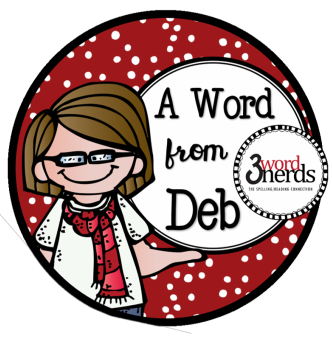

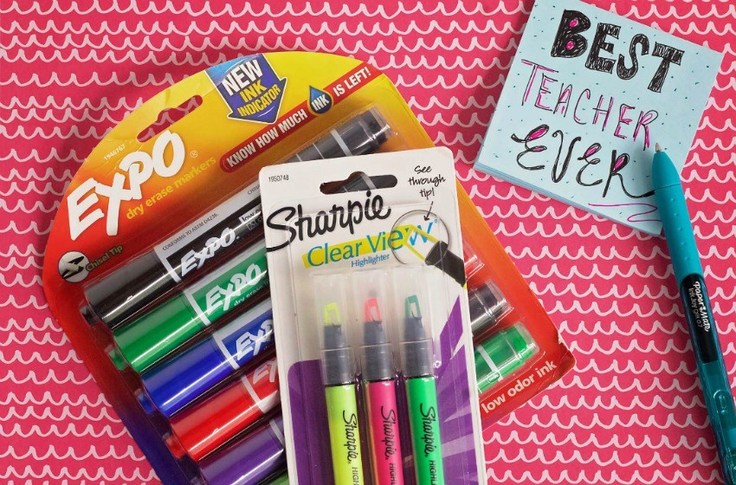
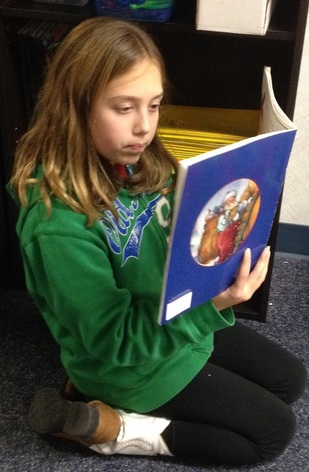
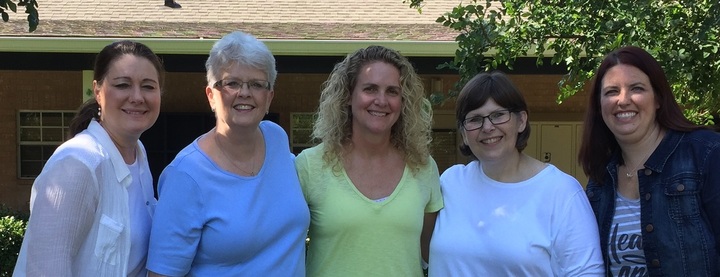
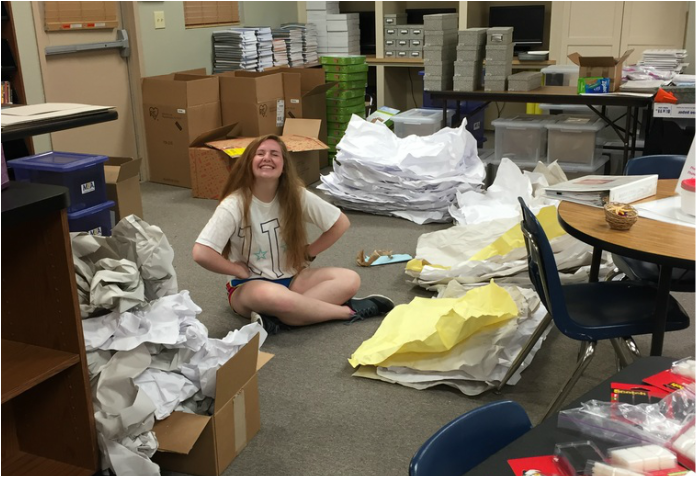
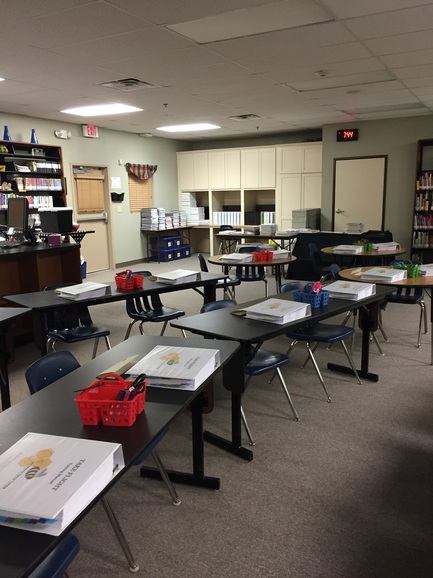
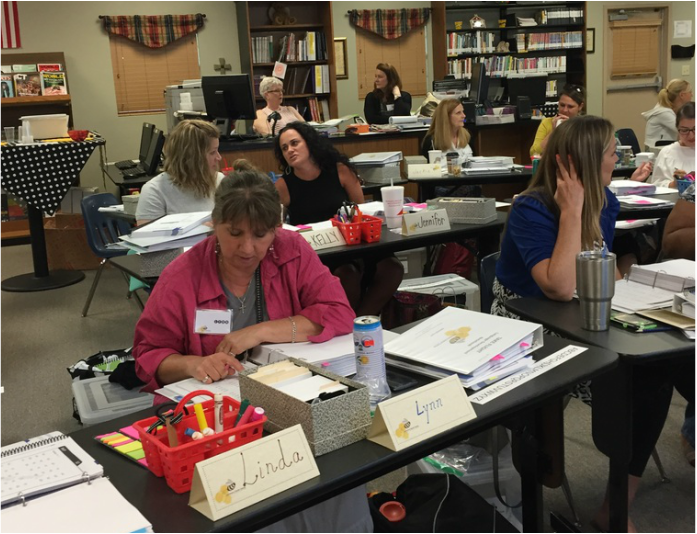
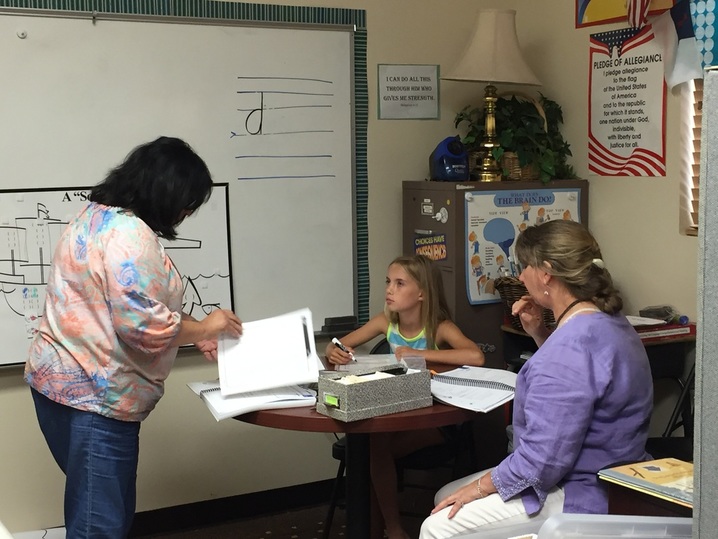
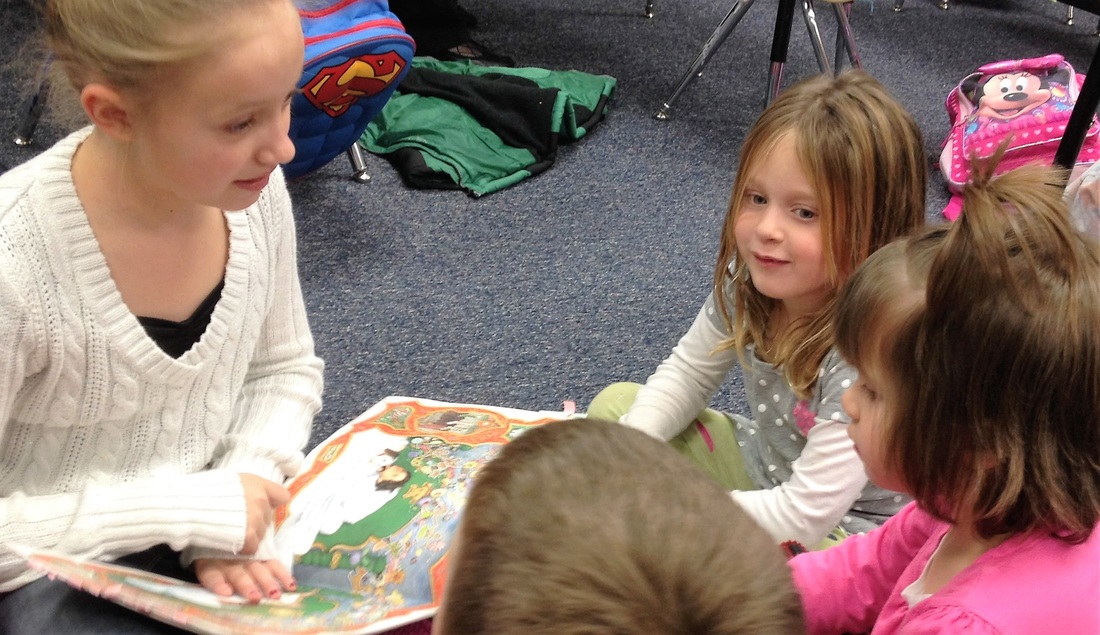
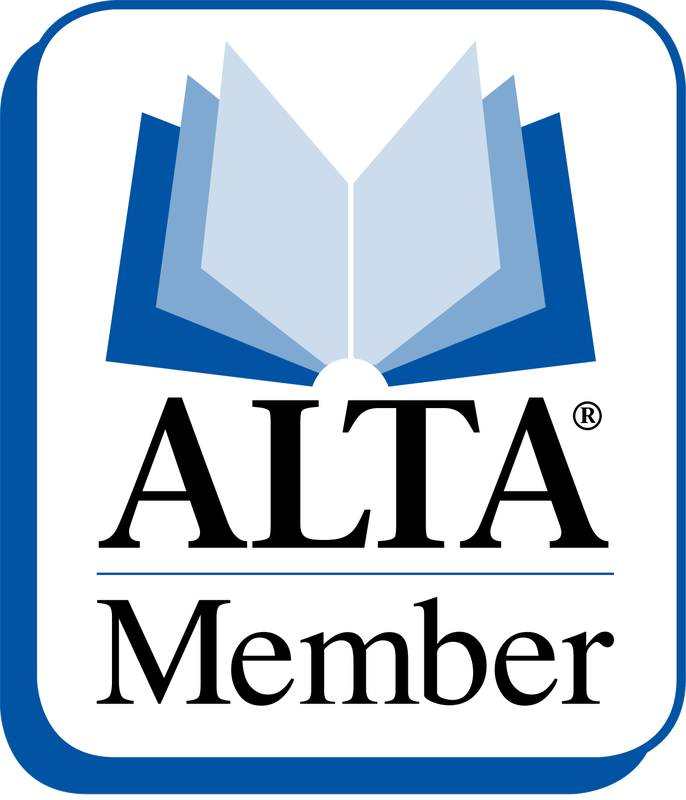
 RSS Feed
RSS Feed